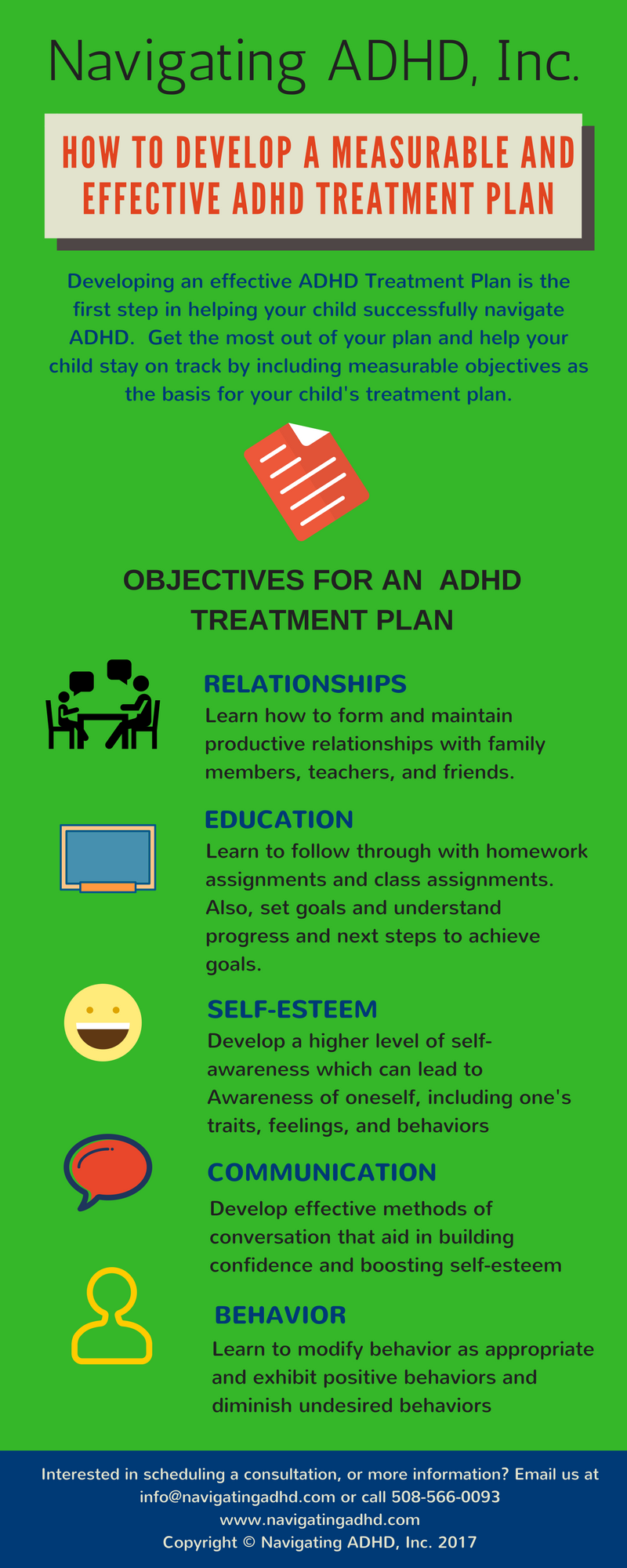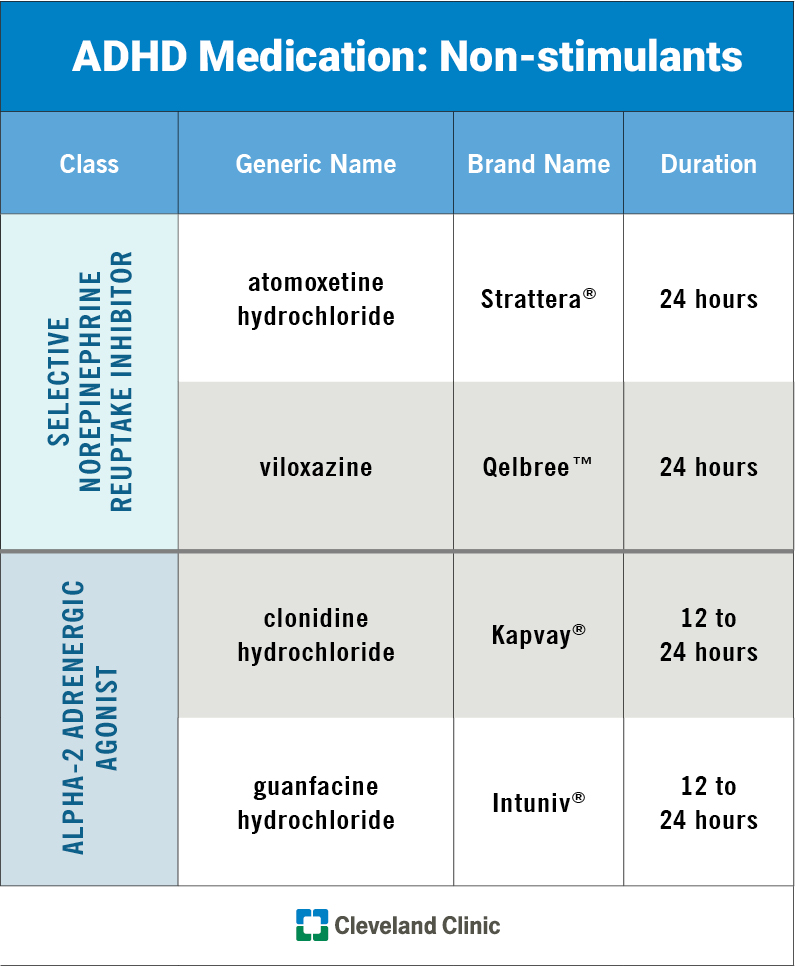Discovering Effective ADHD Treatment Choices for All Ages
The complexities of Attention deficit disorder (ADHD) existing distinct challenges across various age groups, demanding a comprehensive expedition of effective treatment options. A combination of behavioral therapies, pharmacological interventions, and lifestyle modifications has actually shown assurance in attending to the diverse requirements of individuals with ADHD. Nonetheless, the effectiveness of these techniques can vary dramatically based upon individual scenarios, elevating crucial inquiries concerning tailored approaches. As we examine the range of treatment modalities offered, it comes to be essential to consider not just their immediate impacts yet likewise their long-lasting effects for people and families.
Comprehending ADHD and Its Impact
Attention-Deficit/Hyperactivity Problem (ADHD) is a neurodevelopmental problem defined by consistent patterns of negligence, attention deficit disorder, and impulsivity that can substantially influence numerous aspects of a person's life. It generally shows up in youth, although symptoms can linger into the adult years. The core signs and symptoms of ADHD can disrupt academic efficiency, prevent social communications, and complicate work undertakings.
People with ADHD often struggle with maintaining focus on jobs, arranging activities, and following with on directions, which can cause academic underachievement (Depression Treatment). In social contexts, impulsivity might lead to difficulties in forming and maintaining connections, as people may interrupt discussions or make rash choices without taking into consideration consequences
The variability in signs and symptom presentation suggests that ADHD can affect individuals in a different way, demanding an individualized strategy to management. Comprehensive recognition of ADHD's nature and implications lays the foundation for exploring suitable therapy alternatives tailored to each person's needs.
Behavioral Therapies for ADHD
Many behavioral treatments have been created to effectively resolve the difficulties related to ADHD, concentrating on changing specific habits and promoting crucial abilities. Among one of the most identified strategies are cognitive-behavioral treatment (CBT), parent training, and social skills training.
CBT helps people determine and transform negative thought patterns and habits, promoting an extra favorable overview and improved self-regulation. This therapy frequently consists of useful methods for handling impulsivity and enhancing organization. Parent training programs empower caretakers by furnishing them with strategies to reinforce favorable habits and established regular limits, which can be especially valuable for children with ADHD.
Social skills training is one more important element, training people with ADHD exactly how to communicate efficiently with peers - Depression Treatment. This approach commonly involves role-playing and comments to boost communication, participation, and dispute resolution abilities
Integrating these behavioral therapies right into a thorough treatment strategy can dramatically enhance functioning and top quality of life for individuals with ADHD. Ultimately, the effectiveness of these treatments relies on customized methods that consider the distinct needs of each person, consequently fostering resilience and versatility in life.
Medication Options Available
For many individuals with ADHD, drug can play a substantial role in managing signs and symptoms and enhancing total performance. The two key categories of drugs prescribed for ADHD are energizers and non-stimulants.
Energizers, such as methylphenidate and amphetamine-based medicines, are one of the most typically used therapies. These drugs function great site by enhancing the levels of neurotransmitters, especially dopamine and norepinephrine, in the brain, which assists boost interest and reduce impulsivity and hyperactivity. They frequently generate rapid results, making them a preferred alternative for lots of people.

It is necessary for health care service providers to carry out a detailed assessment to establish one of the most appropriate drug based on private needs, clinical background, and potential adverse effects. Normal follow-up and monitoring are additionally critical to guarantee the efficiency of the chosen treatment and to make any kind of required changes.
Lifestyle Adjustments to Consider
Managing ADHD successfully expands beyond medication, as way of living adjustments can considerably enhance total health and symptom control. Including structured routines is crucial; important site regular schedules help people with ADHD handle their time successfully and reduce sensations of bewilder.
Routine physical activity is one more vital component. Workout not just helps to improve focus but also increases state of mind and decreases stress levels. Tasks such as yoga or group sports can be particularly beneficial, advertising both fitness and social communication.
Nutrition likewise plays a crucial function. Depression Treatment. A well balanced diet plan abundant in omega-3 fatty acids, whole grains, and lean proteins can add to boosted emphasis and cognitive feature. Restricting sugar and processed foods is a good idea, as these can worsen attention deficit disorder and impulsivity
Rest health is necessary for managing ADHD signs. Developing a routine sleep schedule and producing a peaceful environment can improve rest top quality, leading to far better interest and emotional regulation.
Different and All Natural Strategies
Alternate and holistic approaches to ADHD treatment offer a varied variety of alternatives that match standard techniques. These techniques commonly focus on way of living adjustments, dietary treatments, and healing techniques that intend to enhance total well-being while resolving ADHD signs.

Mindfulness and behavior modifications are also acquiring traction as all natural interventions. Practices such as yoga, meditation, and cognitive-behavioral treatment can cultivate self-regulation and enhance focus. These methods sustain psychological resilience, which is specifically useful for people with ADHD.
Organic supplements, such as ginkgo biloba and ginseng, are sometimes discovered; nonetheless, it is essential to seek advice from healthcare professionals before integrating these into treatment strategies. While alternative and alternative approaches can offer valuable support, they should ideally be made use of together with evidence-based therapies to attain ideal outcomes for handling ADHD throughout any ages.
Final Thought
In summary, reliable ADHD treatment requires an extensive strategy that consists of behavior modifications, medication, lifestyle alterations, and alternative methods. Tailored treatments can considerably improve individuals' working and lifestyle, while appropriate medication directory makes certain optimum sign monitoring. In addition, adopting structured routines, participating in normal physical activity, and exercising mindfulness can boost psychological policy and interest. This complex approach underscores the importance of customized treatment in addressing the diverse needs of people with ADHD across all age groups.